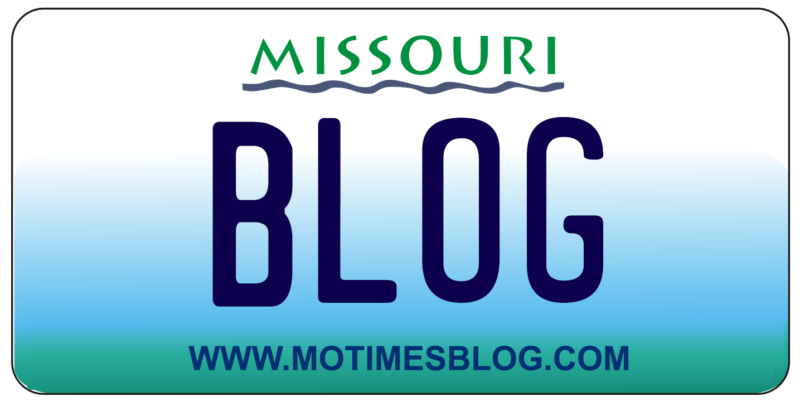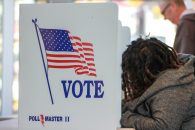The Western Court of Appeals denied the personal-injury attorney’s final attempt to have other medical marijuana initiatives thrown off the November ballot
JEFFERSON CITY – Missouri’s Western District Court of Appeals in Kansas City has denied Springfield personal-injury lawyer Brad Bradshaw’s appeal for rehearing, following a circuit court’s dismissal of his lawsuit against New Approach Missouri. This denial ends Bradshaw’s frivolous legal attempts, which means Amendment 2, a veteran-centered medical marijuana initiative, will appear on the November 6 ballot.
Amendment 2 is a simple, straightforward measure backed by a coalition of Missouri veterans, doctors, nurses, and patients’ groups like the Missouri Epilepsy Foundation with a goal of making Missouri the 31st state to allow medical marijuana. If passed Missouri’s medical marijuana program would be run by the Missouri Department of Health and the small 4% tax placed on the sale of medical marijuana would go towards veterans’ health care in the state.
“The court’s decision brings an end to personal-injury attorney Brad Bradshaw’s desperate attempt to keep a reasonable, veteran-focused medical marijuana measure off the ballot in November,” said Jack Cardetti, spokesman for New Approach Missouri. “We look forward to talking to voters about how Amendment 2 is supported by a true coalition of patients, doctors and veterans that want health care treatment decisions put back in the hands of doctors and patients.”
Unlike the coalition formed to support Amendment 2, Amendment 3 is funded by a single wealthy backer, Springfield personal injury lawyer Brad Bradshaw. He’s pledged to spend millions to pass it and establish a new medical research institute with a board hand-picked by him, which he would chair – even though Bradshaw is not a research scientist and has never run a laboratory.
Outside of the legal hoopla, Amendment 3 has been controversial from its beginning. Mr. Bradshaw bases his campaign on the idea of taxing medical marijuana in order to fund “curing cancer.” But on closer inspection, it is merely an attempt to mislead voters. His proposal would:
· Institute a 15% retail tax on the sale of medical marijuana, the highest medical marijuana tax in the entire country. On top of this excessive retail tax, Bradshaw would also place a wholesale tax on medical marijuana, making the medicine unaffordable for many Missouri patients.
· Bradshaw writes himself into the Missouri Constitution as the chairman of a new, unaccountable government bureaucracy that manages taxpayer dollars and new industry regulations.
· Besides being chairman, Bradshaw also names all of the board members of the new institute which will regulate and hand out licenses for the sale and distribution of medical marijuana. This unprecedented power grab allows Bradshaw to be Missouri’s medical marijuana czar and his ability to reward friends, family or donors with licenses would be almost unlimited.
· Bradshaw gives the new institute the constitutional power of eminent domain to seize private property.
“We are confident that when Missouri voters examine the differences they will make the right choice and choose the safe, responsible approach to making Missouri the 31st state to allow doctors to recommend medical marijuana to patients with debilitating illnesses,” said Cardetti.









